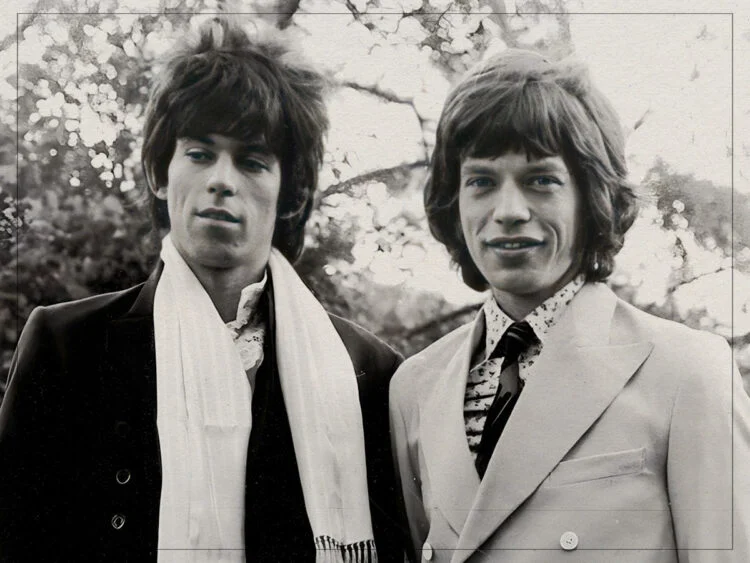Being Mick Jagger comes with a certain number of expectations. After all, the Rolling Stones vocalist has been a defining figure in popular culture for upwards of 60 years; seeing him waiting at a bus stop or ordering a cup of tea would be like seeing a unicorn in the wild.
It is strange to imagine the frontman doing anything other than exuding energy on stage in front of millions of adoring fans, sporadically clapping his hands and belting out an unparalleled wealth of rock and roll masterpieces. Although this perception of Jagger certainly works in his favour, keeping him on the uppermost echelon of rock and roll royalty, it does risk undermining some of his lesser-known talents.
Sure, he is best known for providing The Rolling Stones with a distinctive voice, and his songwriting talents have produced some of the greatest rock songs ever recorded, but you cannot achieve the unattainable level of notoriety that Jagger boasts without a few more strings to your bow.
Jagger was always an essential part of The Stones’ success story, right from their initial formation as a blues cover band back in 1962. It was Brian Jones who first formed the group, but Jagger immediately stood out as a kind of natural leader. This leadership role was further elevated when the band’s manager, Andrew Loog Oldham, suggested that Jagger and Keith Richards begin writing original material, following in the wake of The Beatles. It was the Jagger-Richards songwriting partnership which saw The Stones rise from youthful blues rockers to a global rock phenomenon in a mere matter of months.
The frontman has historically always been more of a lyrics man, while Keith Richards is usually the one to flesh out the instrumental backing. That is not to say, however, that Jagger has always stayed away from the instruments. Like many frontmen, his role in that regard is usually relegated to a tambourine or perhaps some maracas, but some of his most expansive, ambitious instrumental works have gone woefully underrated or simply unnoticed over the years.
One such example of Jagger’s forgotten instrumental contributions comes with the deep-cut track ‘Pass The Wine (Sophia Loren)’. First recorded in 1971 for the band’s masterpiece record Exile on Main St, the song never made it to the final tracklisiting, and only saw widespread release in 2010 thanks to an expanded reissue of the album. In addition to providing his typically infectious vocal prowess to the track, Jagger also provides instrumentation in the form of the harmonica and maracas.
Although those instrumental contributions to the song are not quite as widely appreciated as Jagger’s vocals, they do reflect the expansive talents of the frontman. As his long-term bandmate and comrade Keith Richards told The Sunday Times in 2010, “You think of Mick Jagger as Mick Jagger, the stereotype image that you’re bound to get as you go along, but his harp playing has always stood out to me. That’s what makes him a musician.”
In other words, the talents of The Rolling Stones’ enigmatic frontman are myriad and, even with the unparalleled attention garnered by the band over their many decades, there are aspects of his performance that are still overlooked by mainstream audiences.
